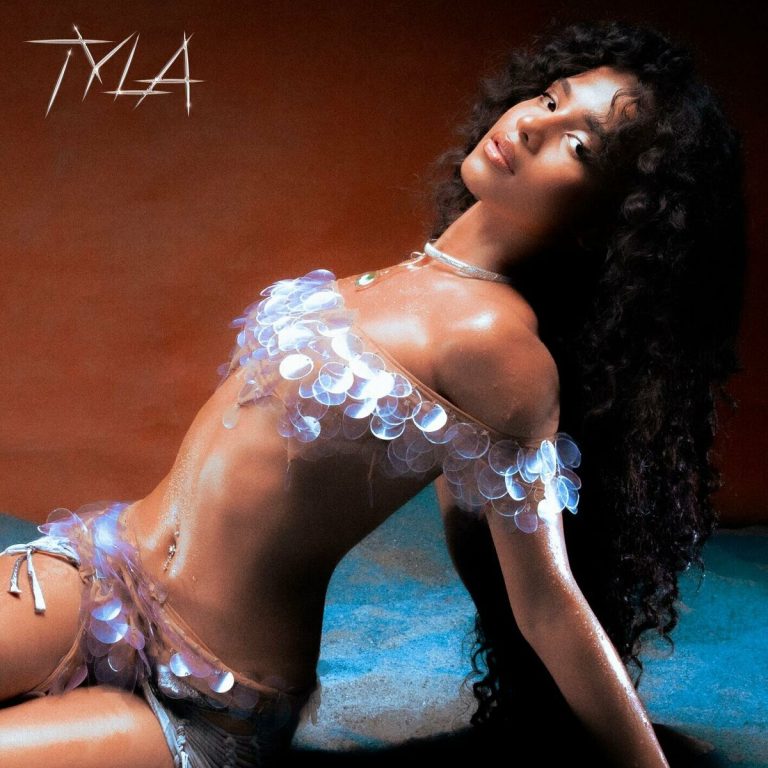In her short time in the mainstream, South African singer Tyla has generated a lot of conversation about what she isn’t. She isn’t an afrobeats act. She isn’t Black. As she brings with her a culture international markets aren’t too familiar with, Tyla quickly slips out of the boxes one expects her to fit into at first glance. Equally intriguing, however, is the conversation surrounding what she is.
Her music is based on amapiano, a South African style adjacent to deep house, which adds Tyla to the Madonna tradition of female pop stars bringing club music to the radio. Her choosing to call herself “colored” instead of black, much to the discomfort of American audiences, adds her to the Mariah Carey tradition of artists whose career is attached to conversations about race. As the first South African of her music scene to make a real bid for relevance in American and international markets, she joins the Shakira tradition of attempting to drag pop stardom out of a culture Americans don’t understand. All in all, Tyla appears designed for attention.
Tyla has certainly made good use of that attention. Her single “Water” is at a level of carefully curated radio-hit perfection rarely achieved without heavy dilution of all interesting elements. The hook is undeniable from the first listen, making the song a natural candidate for TikTok fame.
Her debut album TYLA opens with a six-track run that capitalizes on “Water”’s formula. In tandem with Tyla’s description of her sound as a mix of amapiano, afrobeats, pop, and R&B which she calls ‘popiano’, the album presents restrained yet club-ready songs that curate a perfect vibe. “Safe” and “Truth or Dare” show Tyla can recreate the magic of “Water” without being dull, featuring deep house synths and a crowd sound that ramps up the choruses’ sing-along factor. “No. 1” deserves special attention for the presence of the ever-delightful Tems. Her vocals bring a depth that contrasts exceedingly well with Tyla’s lighter, unsubtly Aaliyah-inspired performances.
After that first six-track run that won’t see you leave the dancefloor, Tyla slows it down for “Butterflies”, a mellow, sunshiny, more R&B-adjacent tune. The acoustic guitar and subtle synth bass give the pleasant softness of Tyla’s voice space to shine.
The rest of the album is a return to the dancefloor, though without the cohesion of the first half. “Jump” sees Tyla take on the kind of role someone like Ashanti would take in the 00s. With the most trap-adjacent production in the whole project, Tyla delivers a feminine and precise performance contrasting the less smooth features from Gunna and Skillibeng.
On the other side of the spectrum, “On My Body” shows Tyla and Becky G as surprisingly well-matched performers, their styles just similar enough that they complement rather than blend into each other. The two last singles, “ART” and “To Last”, are slightly moodier takes on the “Water” formula. “ART” displays the most vocal depth from Tyla thus far, and “To Last” is the most house-leaning track on the album, and thus arguably the most musically interesting, as her voice and the synths blend and take turns carrying the song.
TYLA is an excellently made debut album. With its brief 38 minutes, the album presents Tyla as versatile yet having a recognizable style, as suitable for both R&B and amapiano, and as soft and powerful. The end product is a solid record with no real skips whose main aftertaste is that of the potential in display. Whether Tyla chooses to move forward with a more authentic amapiano sound and lean into all the complexities of the genre, or further explore the many ingredients that compose her ‘popiano’ formula, she is in a position to become a truly innovative star. Whether she achieves that or not, TYLA will remain as the expertly crafted record that allowed amapiano a moment to shine before new audiences.

